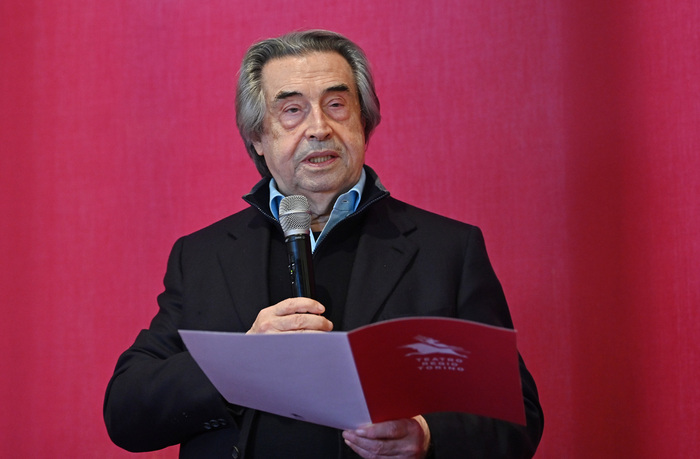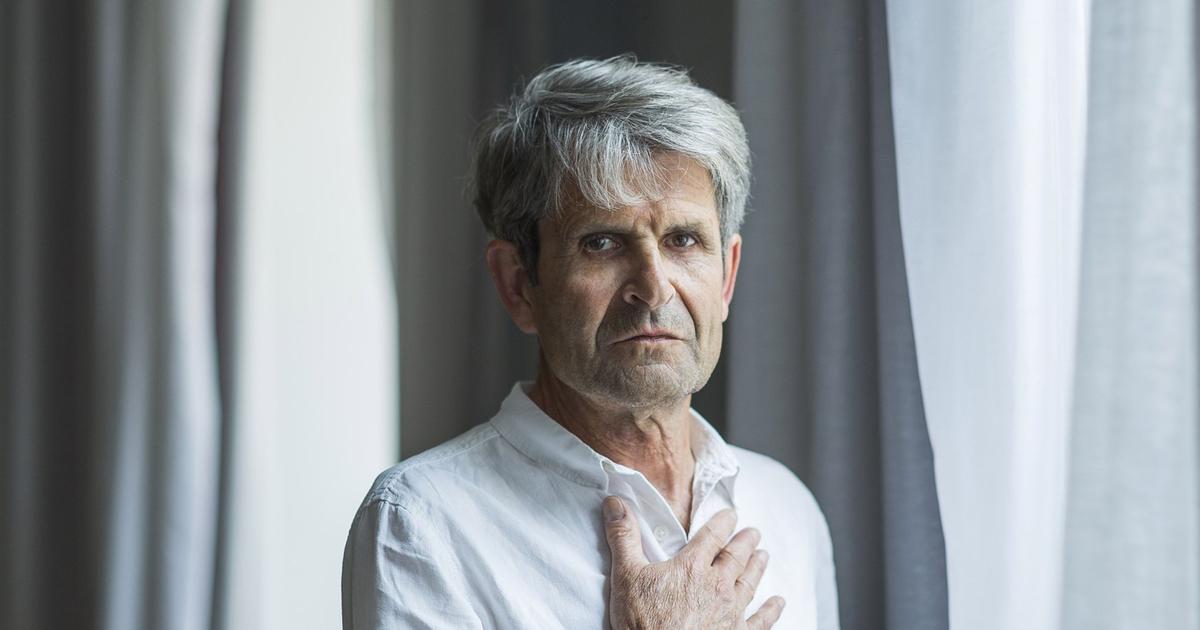During the Nazi era, the Hamburg police took part in the persecution of Jews.
What is less known is that some police officers were victims of this persecution themselves.
An exhibition in the Police Museum shows an unknown chapter in history.
Hamburg - An exhibition in the Hamburg Police Museum is the first comprehensive reminder of the persecution of Jewish police employees during the Nazi era. He researched the biographies of 47 police employees who were persecuted for racial reasons, said the former detective director Martin Bähr. Among those persecuted were 20 police officers with Jewish roots, 21 with Jewish wives and six people who were not employed by the police but worked for them, including a police doctor.
After the National Socialists came to power, around 600 employees in Hamburg were dismissed from the police force for political reasons. Social Democrats, Freemasons and also homosexuals were affected, said Bähr. The Jewish officials didn't all have to leave in 1933. Some of them could have stayed as former front-line fighters of the First World War until 1935, in individual cases even until 1940.
Bähr emphasized that the persecuted police officers were viewed by the National Socialists as Jews or “half-Jews”, but often did not see themselves that way. Some were baptized. Other police officers would have known nothing of their origin and unknowingly provided false information in the required proof of parentage. That was also punished, Bähr found out. The former detective director estimates that the police dismissed a total of 50 to 60 employees for racial reasons.
Probably the most prominent official was Oswald Lassally.
He had been a councilor since 1928.
In March 1933 he was given leave of absence.
In 1937 the regional court sentenced him to three years in prison for the “crime of racial disgrace”.
Lassally had confessed his love for his future wife.
After his release from prison, he was forced to leave the country in 1940 and went into exile in Brazil.
In 1950 he returned to the Hamburg police service and was reappointed to the government council.
Richard Hasenberg, born in 1888, was also a victim of the Holocaust.
Bähr said he was an office worker for the construction police.
In 1941 he was deported to Minsk with his wife and son and murdered.
A stumbling block in the Grindelviertel reminds of the family.
also read
“Archive of Flight” tells stories of migration
With an “Archive of Flight”, the House of World Cultures in Berlin asks about forms of remembrance in today's immigration societies.
For the project, led by journalist Carolin Emcke and migration scientist Manuela Bojadžijev, 42 interviews have been conducted with people from 28 different countries of origin over the past few years.
“Archive of Flight” tells stories of migration
Trial in Ghana postponed after death of German and daughter
A court in Ghana, West Africa, has postponed the murder trial of a 43-year-old who is said to have killed his German friend and her daughter.
The judge responsible will take part in the annual conference of the judges' association, the court said on Thursday to justify it.
The trial has been postponed to October 4th.
The proceedings were originally supposed to start in April, but had been postponed several times due to additional investigations.
Trial in Ghana postponed after death of German and daughter
Soprano Karan Armstrong has died
Like few female singers, she shaped the Deutsche Oper in Berlin in a very special way.
Now the American soprano Karan Armstrong died at the age of 79.
Soprano Karan Armstrong has died
Thanks to the good files in the Hamburg State Archives, he was able to research the fate, said the exhibition organizer.
He was able to find a lot of information in the received police files, but even more in the reparation files.
Bähr has summarized his research in an exhibition catalog.
The special exhibition can be seen in the Alsterdorfer Museum until November 21.
It bears the title “We don't need Jews here - Hamburg's Jewish police officers - persecuted, suppressed, forgotten”.
The Hamburg police chief guard Rudolf Cracauer was demonstrably humiliated with the exclamation quoted, it said.
dpa



/cloudfront-eu-central-1.images.arcpublishing.com/prisa/YA6MI345RZGQ3JARKXEAUOFQPA.jpg)





